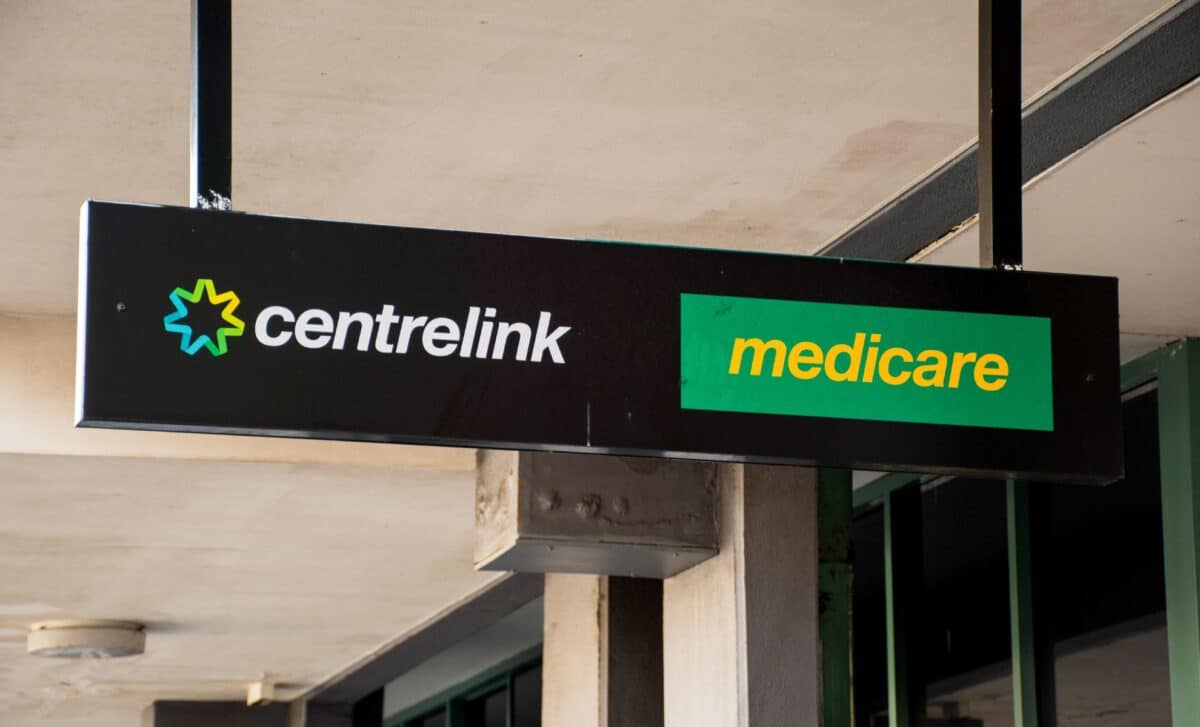Rising living costs and persistent inflation have prompted the Australian government to revise Centrelink support payments in 2025. The measures, which came into effect in March, affect a broad range of recipients including pensioners, job seekers, carers and parents.
According to Services Australia, the new payment rates reflect regular indexation processes and the government’s commitment to safeguarding the financial security of low-income Australians. These reforms are part of a wider push to adapt welfare support to the evolving economic climate.
Adjusted Centrelink Payments Reflect Cost-Of-Living Pressures
The changes are most visible in core Centrelink payments, where modest but targeted increases have been implemented. According to official data, the Age Pension has risen by $4.60 per fortnight for singles, reaching $1,149, while couples receive a combined total of $1,732.20, reflecting a $3.50 increase each.
The JobSeeker Payment, which supports individuals actively looking for work, also saw adjustments. Single recipients aged 22 and over without children will receive an increase of $3.10, bringing their payment to $789.90 per fortnight, including the energy supplement.
Singles with children, older recipients aged 55+, and those assessed with partial capacity to work will receive $3.30 more per fortnight. For partnered recipients, each person will receive an additional $2.80.
Other significant adjustments include the Commonwealth Rent Assistance, with payments for singles now set at $212 per fortnight, while single sharers will receive $141.33. The increase for couples is smaller, with the combined fortnightly assistance reaching $199.80.
Parenting Payments have also been indexed, with single parents receiving $4 more per fortnight, and partnered parents seeing a $2.80 rise.
These increases follow routine indexation tied to inflation data, implemented four times a year to ensure that benefit levels align with changes in the Consumer Price Index (CPI). This process helps to maintain recipients’ purchasing power in a fluctuating economic landscape.
Policy Updates Support Job Seekers and Carers
Beyond monetary adjustments, Centrelink has revised its compliance and eligibility rules to offer more flexibility and fairness. New registrants to Workforce Australia will no longer face immediate penalties for their first case of non-compliance.
Furthermore, a 30-hour minimum work exemption has been introduced to reduce pressure on job seekers. Future penalties will now be evaluated on a case-by-case basis, rather than applied automatically.
For carers, changes include a significant update to the Carer Payment work limit, which now allows up to 100 hours of paid work over four weeks. Unpaid work no longer affects the threshold, and respite days are available to help maintain payment eligibility.









